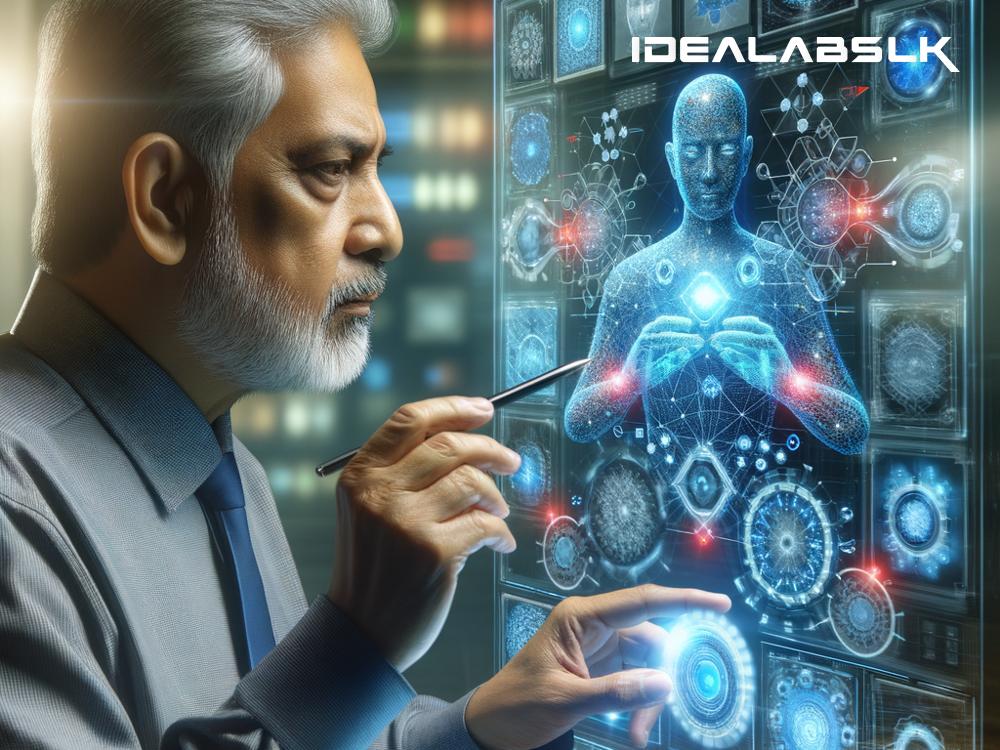As we steer through the digital age, Artificial Intelligence (AI) continues to reshape not only the world around us but also how we have fun and relax. A particularly intriguing area where AI is setting the stage for an evolution is in the realm of puzzle games. By 2025, thanks to advancements in AI technology, we can expect our puzzle games to be smarter, more engaging, and personalized in a way that pushes the boundaries of entertainment and learning.
Redefining Engagement and Challenge
Puzzle games have always been about solving problems, whether it's fitting pieces together, finding hidden objects, or unraveling complex mysteries. Currently, the difficulty level in these games is generally static or has a few preset difficulty levels. However, as AI comes into play, these games are set to become dynamically challenging. Imagine playing a puzzle game that adapts its difficulty based on your skill level. If you're breezing through puzzles, the game might decide to throw in a few curveballs to keep you on your toes. Conversely, if you're struggling, the game could offer hints or slightly modify the challenge to keep you engaged without causing frustration. This smart adaptability ensures a tailored experience for every player, making games universally enjoyable yet uniquely challenging.
Personalization at Its Best
Beyond adjusting difficulty, AI-driven puzzle games will be able to tailor content according to the interests and preferences of the user. For instance, if the game detects that a player enjoys puzzles involving nature-based themes more than urban setups, future puzzles could shift to include more of these elements. This level of personalization doesn’t just increase enjoyment; it can also make games more immersive and relevant to each individual player.
Enhancing Social Interaction
Multiplayer games have always had a social element, but AI will change the game by making these interactions even more meaningful. By analyzing how players interact with each other and the game itself, AI can design puzzles that encourage collaboration and competition in new and innovative ways. For example, teams could be tasked with solving a puzzle where each member has only a piece of the necessary information to complete it, requiring genuine teamwork and communication.
Innovative Learning Tools
Puzzle games are not just about fun; they have educational benefits, too, such as improving problem-solving skills, memory, and cognitive function. With AI, these games can become powerful learning tools. By 2025, we could see puzzle games that are tailored not just to entertain but also to educate, based on the player's learning styles and needs. Whether it's a child learning math or an adult trying to improve their memory, AI-powered puzzle games could provide customized learning experiences that are both effective and enjoyable.
Realistic Puzzles and Scenarios
The capabilities of AI extend beyond gameplay mechanics and into the very content of the games themselves. Through technologies like machine learning and natural language processing, puzzles could become hyper-realistic or fantastically imaginative, offering scenarios that closely mimic real-life problems or, conversely, transport players to entirely new worlds. This would not only make games more engaging but also offer a sandbox for creativity and innovation.
The Role of AI in Game Development
Behind the scenes, AI is also revolutionizing how puzzle games are developed. Traditionally, creating engaging puzzles has been a labor-intensive process requiring a lot of human input for design, testing, and balancing. By 2025, AI could automate much of this process, analyzing player data to understand what makes a puzzle enjoyable or too difficult and then using that knowledge to generate new puzzles. This would allow for a constantly refreshing pool of content, keeping games exciting and new.
Conclusion
As we look ahead to 2025, the intersection of AI and puzzle games is poised to transform not just the gaming experience but also how we think about engagement, learning, and personal growth. By making games smarter, more personalized, and ever-changing, AI is setting the stage for a new era of puzzle gaming that is as enriching as it is entertaining. So, get ready to not just play a game but to experience a world tailor-made for you, where every puzzle is an adventure waiting to unfold.

